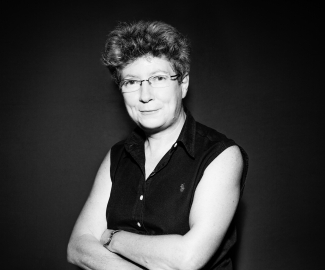The latecomers of Southeast Asia: the CLMV countries and regional integration

Practical information
Séminaire fermé / sur invitation uniquement
Ifri’s Center for Asian Studies and the Economic Research Institute for ASEAN and East Asia (ERIA)* are co-organizing a closed-door roundtable workshop on the CLMV countries and Asian regional integration.

Speakers:
1. Prof Shujiro Urata – Waseda University, and Special Economic Advisor to the Executive Director of ERIA
- " ASEAN Economic Community and Regional Economic Integration in East Asia
2. Dr Sothea Oum – Economist, ERIA.
- “ASEAN Economic Community: Perspectives from the CLMV Countries”.
3. Mr Hubert Testard, Conseil general économique et financier, Ministère de l’Economie et des Finances, Paris
- “The AEC and the CLMV countries – An outsider’s perspective”
4. Dr Françoise Nicolas, Director, Center for Asian Studies, Ifri
- “China, Japan and Korea in the CLM countries: State of play and implications”
* ERIA works together with the ASEAN Secretariat and other affiliated research institutions throughout the region. The formal establishment of ERIA was agreed upon by all the leaders of EAS countries, Australia, China, India, Japan, South Korea and New Zealand. ERIA has supported both the ASEAN Summit and East Asia Summit with numerous research papers and briefings.
Speakers
Other events

Paris Naval Conference 2025: Naval Power in support of Maritime Economy
This third edition of the Paris Naval Conference (CNP), bringing together high-level speakers from the military, industry and academia, aims to address the issues of securing the maritime economy for the world's navies.







